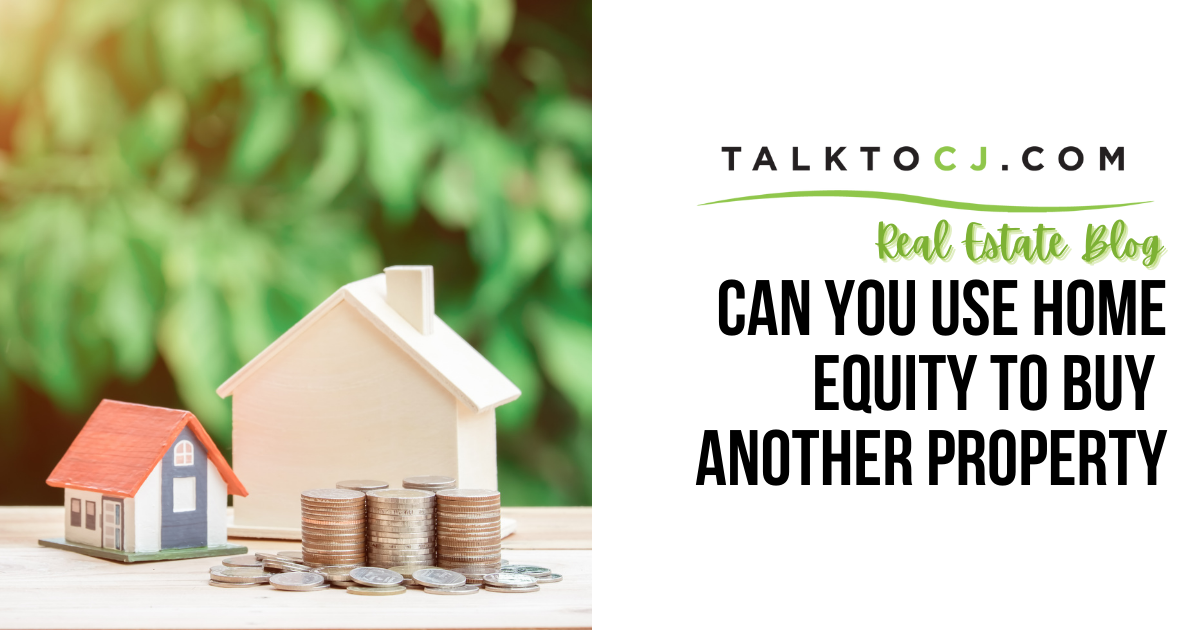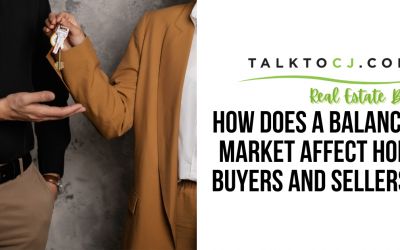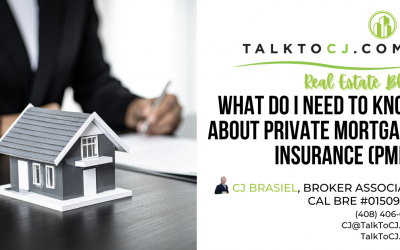Can you use your home equity to buy another home? The short answer is yes – if you have a sufficient amount of equity in your primary residence. But as with any financing options, tapping into your home equity loan comes with some pros and cons you must weigh in before you proceed.
To help you understand if a home equity loan is a viable financing option for you or whether you need to consider other alternatives, you must first know how it works.
What is a Home Equity Loan?
Home equity is the difference between your home’s worth and how much you owe your lender. Or simply put, it is the amount of your home that you actually own. That being said, the more mortgage payments you make, the more your equity grows.
If you tap into your home equity loan, you receive it in a lump sum while paying back your lender in fixed installments.
When Does It Make Sense to Tap into Your Home Equity Loan?
Because this loan is received in a lump sum payment, you can increase your down payment, which comes with a notable financial advantage: You pay less money over the life of your loan toward your interest cost.
And when you pay a higher down payment, specifically 20% or more of the home’s price, you also get to avoid paying for private mortgage insurance. By contrast, borrowers who make a DP of less than 20% typically need a PMI that usually ranges from 0.25% to 2% of the loan balance every year.
Additionally, home equity loans typically come with lower fees and closing costs than personal loans and hard money. However, the biggest benefit of all is the opportunity to lower your interest rates. Since lenders feel this financing option is less risky because you use your primary residence as collateral, they usually offer lower rates.
Simply put, using your home equity loan to buy another home is less expensive compared to most financing options out there.
What are Some Possible Downsides of Home Equity Loans?
As with any financing options, using your home equity to buy another home has risks. Take note that since your primary residence serves as collateral to secure the loan, you risk losing your home if you find yourself unable to make the payments.
You also need to be honest with yourself, especially about your financial health, before you tap into your home equity because it may come with three “obligations.” First, you need to pay for the remaining balance on your primary residence, then your home equity loan, and the mortgage on your second home (if your loan is not large enough to cover the entire cost of the new house).
Possible Alternatives to Home Equity Loans
Just like home equity loans, you can buy a second home or an investment home with a home equity line of credit or HELOC, which is a revolving line of credit. Just like a credit card, once you repay your debt, your HELOC’s credit limit is reset.
HELOC may be an excellent financing option if you only need money for a down payment for the meantime but expect to need funding in a year or two to finance renovations.
However, HELOC is less predictable because of its variable interest rates, whereas home equity loans usually have a fixed rate.
These are the other financing options you may want to consider.
- Personal loans. They generally come with higher interest rates than home equity loans and HELOC because they are unsecured loans.
- Cash. It remains the best way to buy another house; however, not everyone has enough liquidity to make such a huge purchase.
- Retirement savings. Your company may allow you to borrow a portion of your 401(k) plan at work; however, you most likely need to pay back the loan within five years, or sometimes sooner if you become unemployed.
- Reverse mortgage. If you’re 62 years and older and plan to buy a rental home, you may want to consider a federally insured home equity conversion mortgage or HECM. This tax-free loan gives you an amount of cash based on your home’s equity and does not require you to make monthly mortgage payments as long as you live in the home. But once you move out, sell it, or die, anyone who gets to inherit it must pay the mortgage in full, in addition to the interest based on a variable rate accruing over the life of the loan.
Before you continue, check out below resources:
Second Home: Using a Home Equity Loan to Buy a New House
No financing option is better than the other because it all depends on many factors. But in general, a home equity loan is an excellent way to finance a second home (either investment or second home) because it gives you a lump sum of money. And from an interest-rate perspective, it’s also better than HELOC that comes with variable rates.
Meanwhile, HELOC might be a better option if you don’t need the money all at once and plan to spend it in stages.
If you need to learn more about your financing options, call me at (408) 406-6035 or Schedule An Appointment With Me.
Whether you’re planning to sell your home or buy a new home, my goal is to help you understand all the financing options so you can make the best decision. When you work with me, there are no nasty surprises and hidden fees that could derail your finances.
When you equip people with the right information, they enjoy the experience that comes with buying and selling their home. For this reason, I believe that the most important things in the real estate industry are transparency and honesty.




